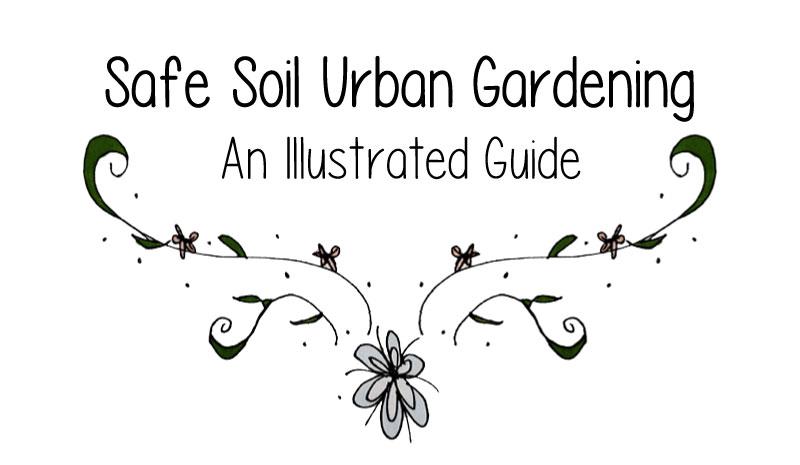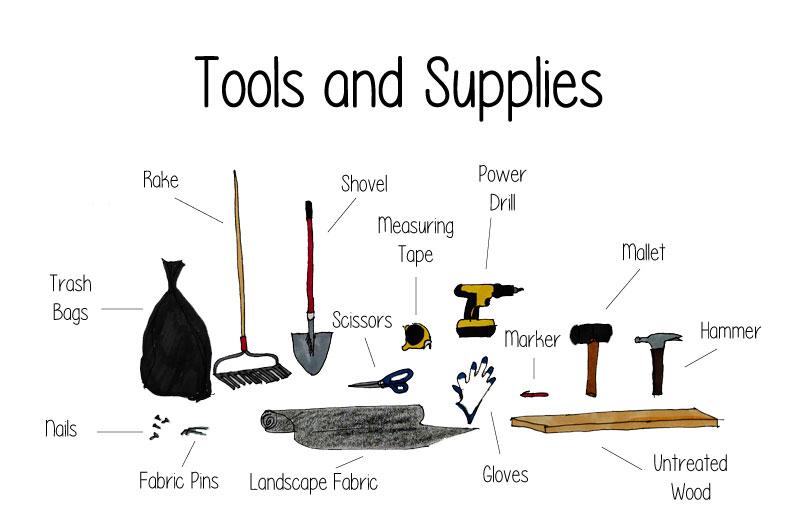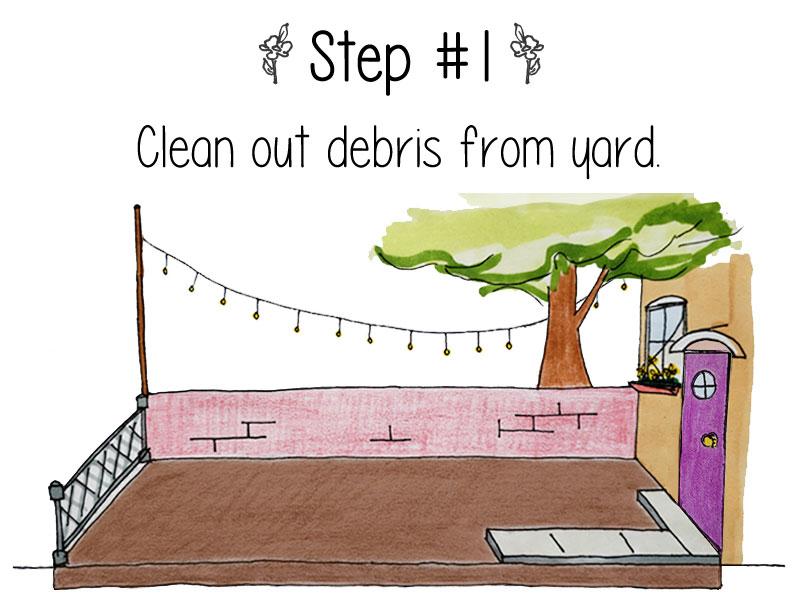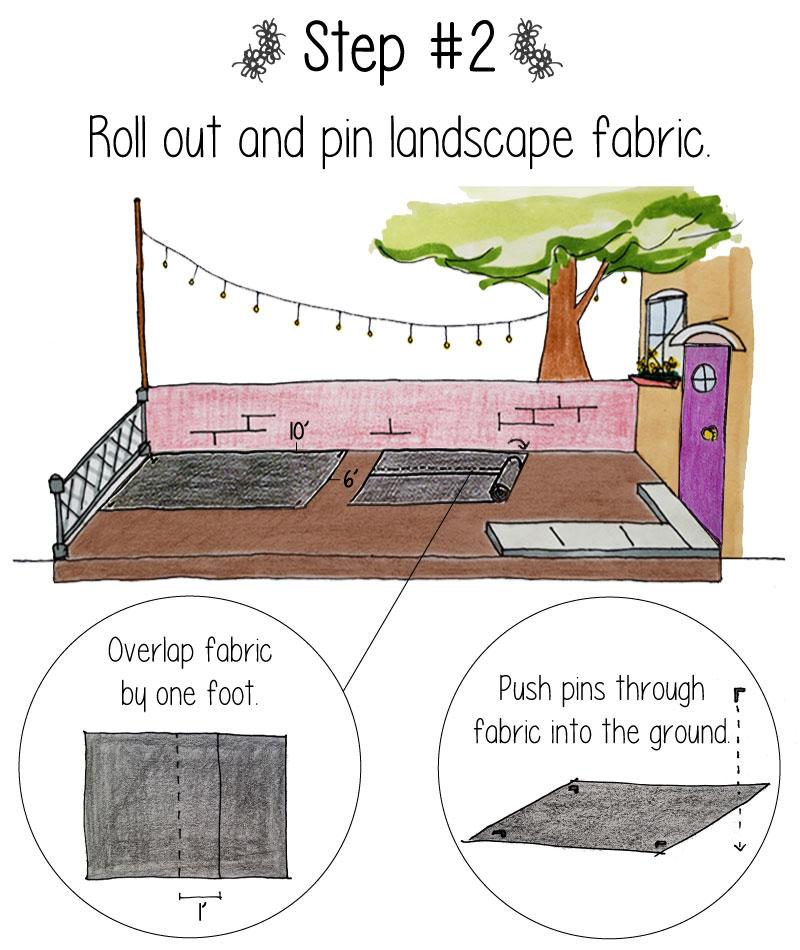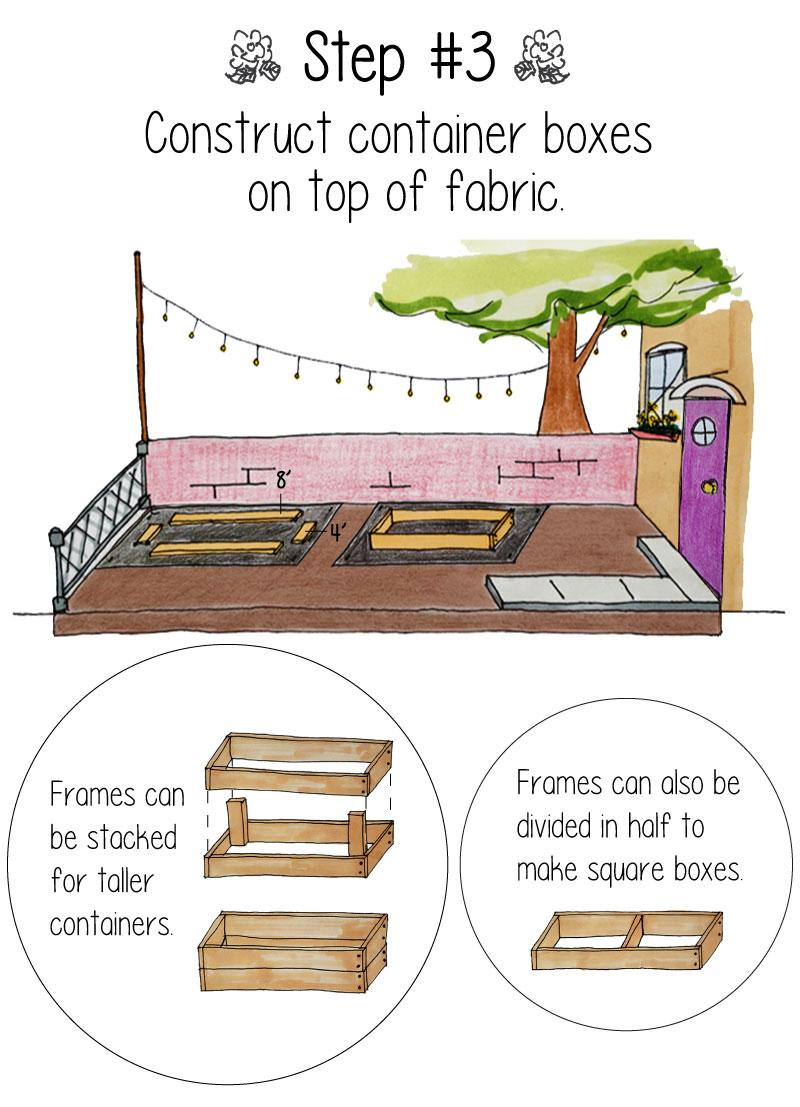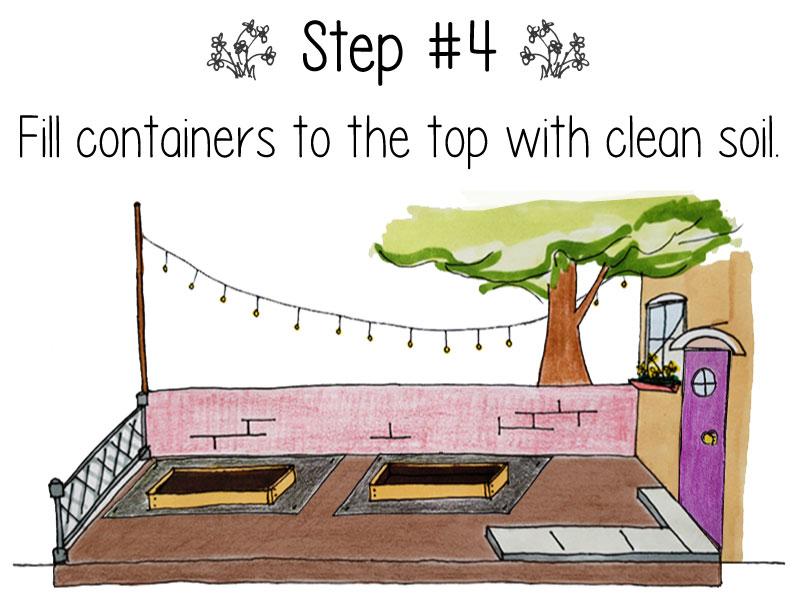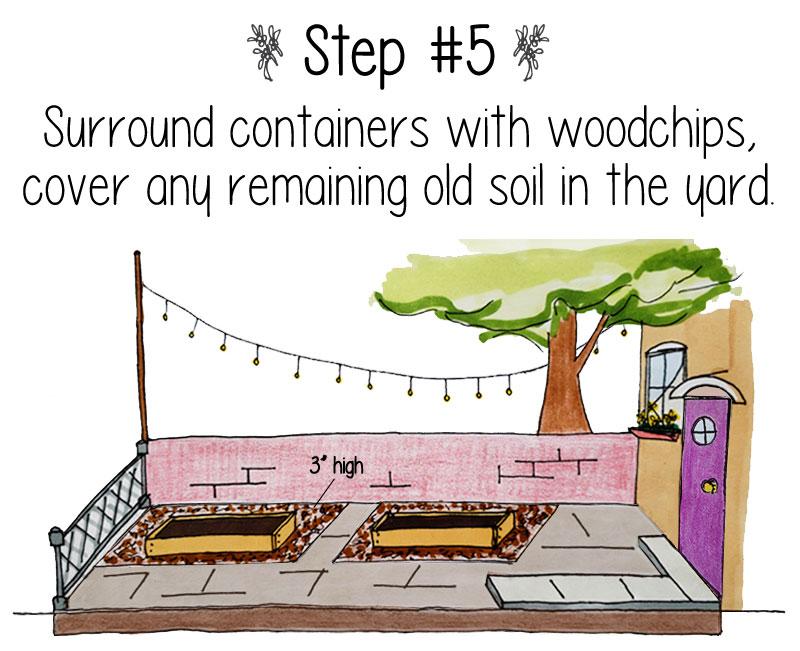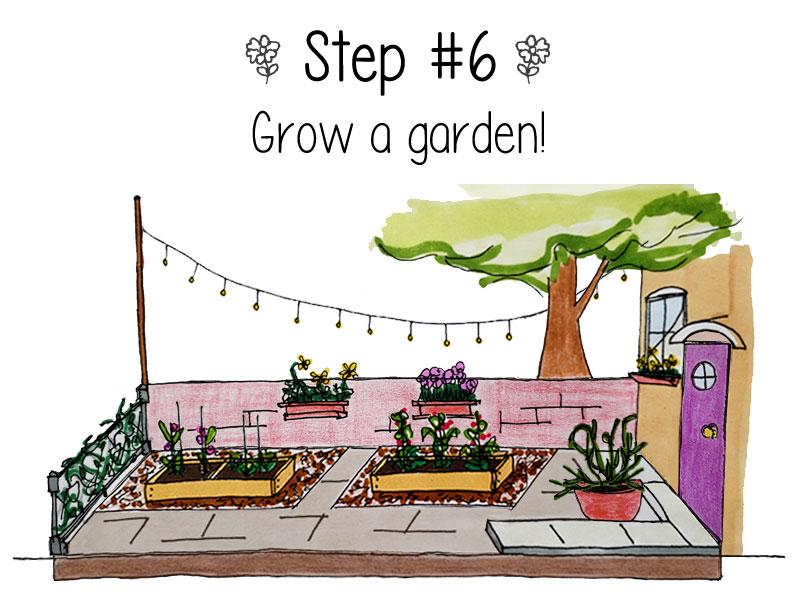Poisoned Gardens
Many New Yorkers could be living with a legacy of soil contamination and not even know it.
A recent study by Columbia University's Lamont-Doherty Earth Observatory revealed that many private backyards in Greenpoint are contaminated with high levels of lead. The residue in the soil from the heavy metals produced here decades ago by now defunct smelters, municipal incinerators and leaded gasoline may be leading to continued exposure.
Franziska Landes, who conducted the study took soil samples from about 50 homes in Greenpoint. 92 percent of the yards she tested had at least one sample above the residential soil standard for New York.
Some of the samples showed levels of contamination higher than samples she collected from mining communities in Peru. "It is striking that I went all the way to Peru looking for lead contamination, and in the end it was in my backyard," said Landes.
Landes is part of a team developing a field kit for residents to test the soil in their backyards. For now, the best method is to send samples to a lab. Landes recommends the NYC Urban Soils Institute, Brooklyn College or Cornell University. Testing costs about ten dollars, and experts highly recommend testing for contamination before gardening or letting children play in the soil.
GreenThumb, a division of the NYC Parks, demonstrated their safe soil gardening methods for WNYC. These techniques can help residents mitigate their exposure to the contaminated soil. Follow our illustrated guide below to learn more.
How-to guide illustrated by Clarisa Diaz using information from GreenThumb. Special thanks to Kelly Krause, Mara Gittleman and Ariana Arancibia of GreenThumb for providing their safe soil gardening methods.
